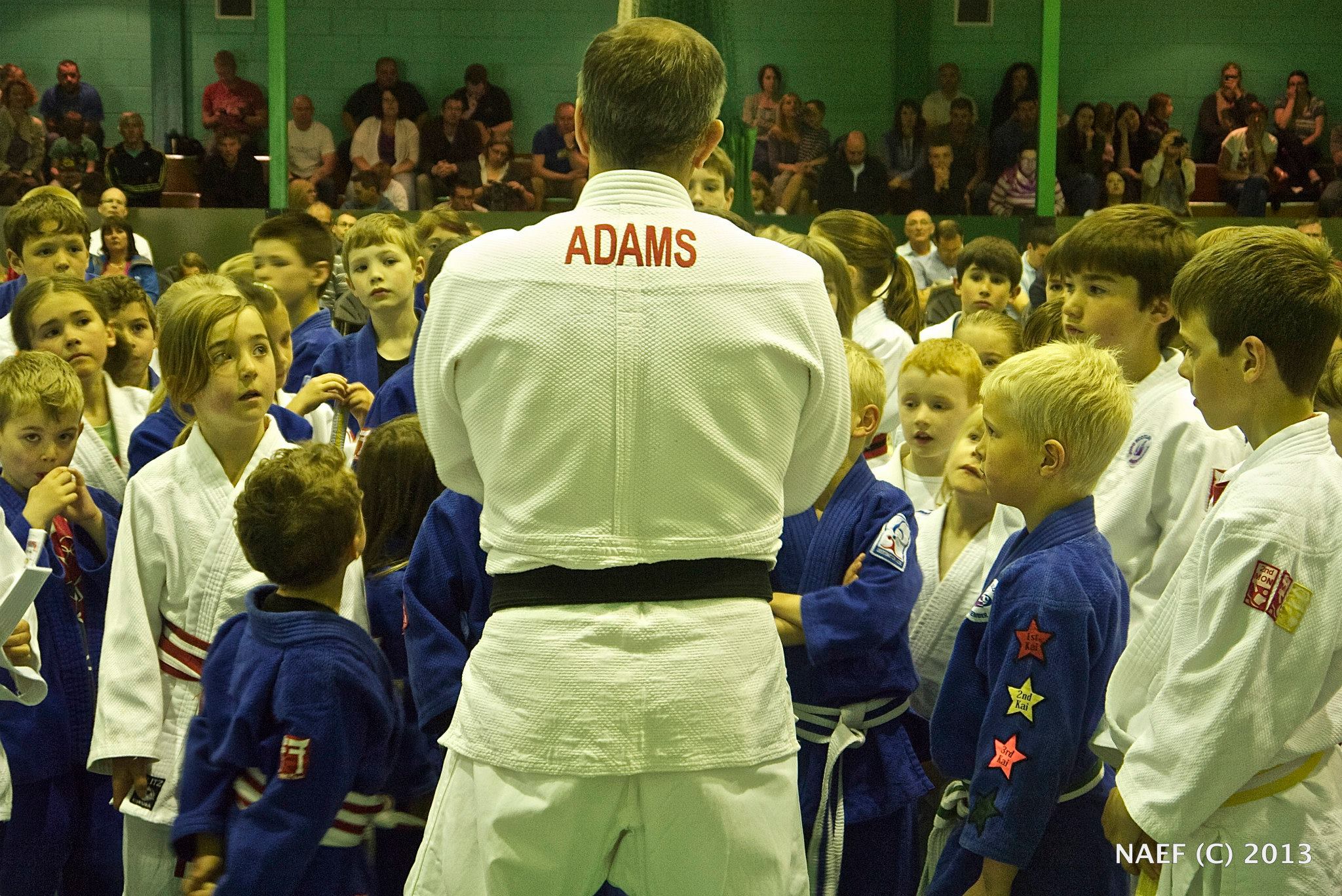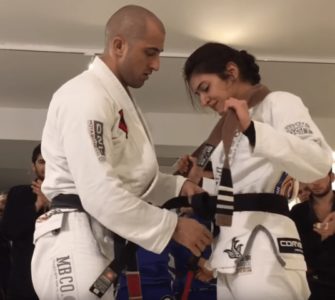In a detailed discussion on the Lex Fridman Podcast, Neil Adams, a judo world champion and celebrated coach, shared his experiences and the stark realities of training judo in Japan. Adams, known for his profound insights into judo, described the intense and often perilous nature of practice sessions in Japan, which are marked by a relentless pursuit of excellence and a high level of competitiveness.
The Perils of Training in Japan
Adams vividly described the rigorous and sometimes brutal training sessions in Japan, noting, “When you get hold of somebody or somebody gets hold of you, you feel the danger.” This sense of danger, he explained, is not just about the physical risks but also about the high stakes of performing and learning in such a highly competitive environment. Training in Japan sharpened his defensive skills and heightened his awareness, essential for survival on the mat.
Psychological Battles and Ego Challenges
The psychological impact of training in Japan is profound. Adams recounted his own experiences of being out-gripped and thrown, which were not only physical challenges but also significant emotional and mental tests. “It’s about getting thrown, and what that does to your ego,” he reflected. Training in Japan forces athletes to confront their limitations and vulnerabilities, which is a critical part of their development.
Learning Through Adversity
Adams shared a particularly poignant story about his encounters with a Japanese judoka known as “Gold Tooth,” who repeatedly defeated him. These defeats were not merely losses but lessons that drove Adams to return year after year, each time better prepared and more determined. “He was on my mind morning, noon, and night,” Adams said, emphasizing the depth of his focus and the drive to overcome this formidable opponent.
The Impact of Cultural Exchange in Training
Training in Japan also involves a significant cultural exchange, where judokas from around the world learn from the rigorous discipline and techniques that characterize Japanese judo. Adams pointed out that many world and Olympic champions from various countries have trained in Japan, all acknowledging the extraordinary level of skill and competition found in Japanese dojos.
Neil Adams’ reflections on training in Japan offer a window into the intense world of elite judo training, where physical prowess, mental resilience, and emotional strength are all forged in the fire of rigorous practice and competition. His experiences highlight the dangers and challenges of such training but also underscore its invaluable role in shaping world-class judokas. Adams’ narrative not only enriches our understanding of judo as a sport but also as a profound journey of personal and professional growth.


















